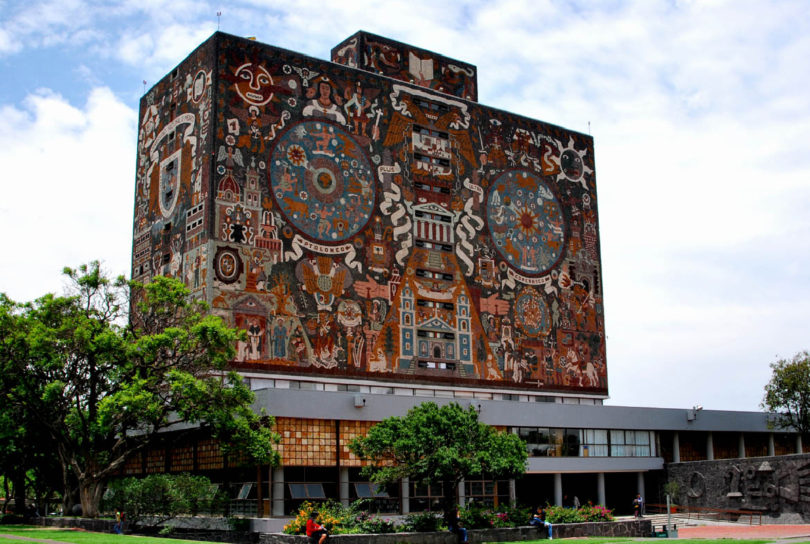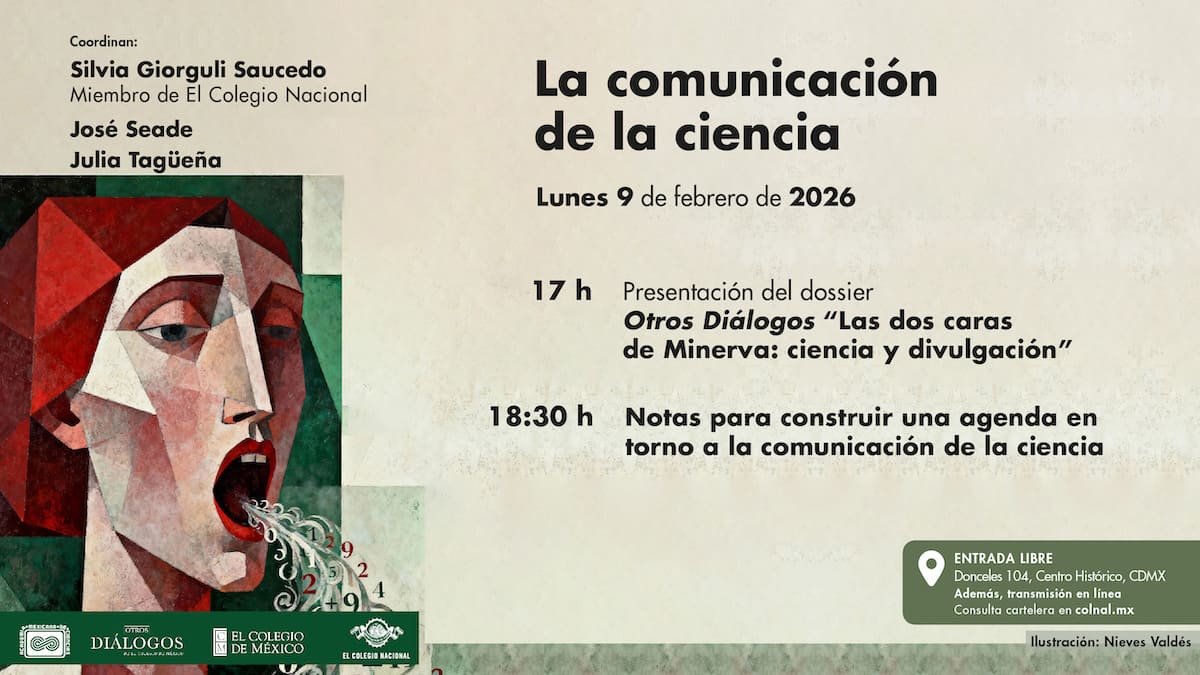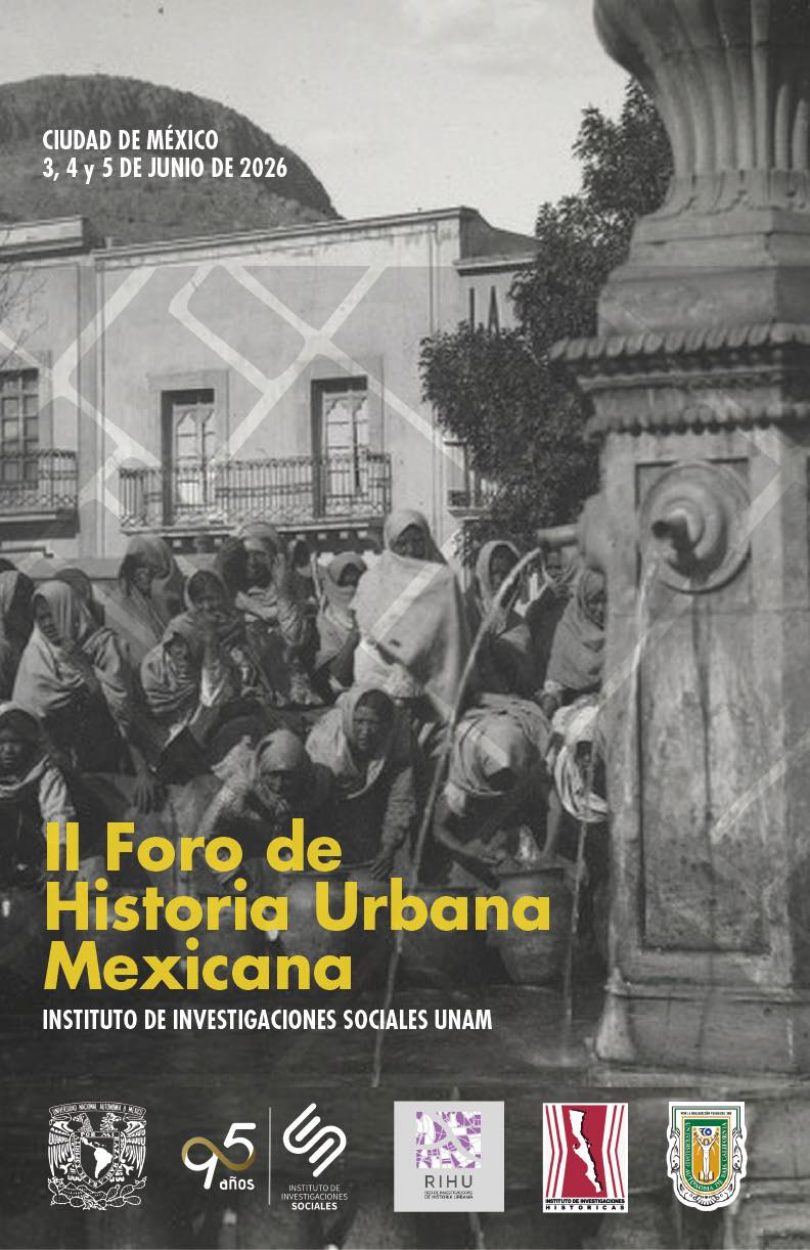Inequalities and families
Inequalities and families: an interdisciplinary perspective
Committee on Family Research, RC06, ISA
Mexico City
29, 30 November and 1 December 2017
Latin America remains the most unequal region in the world. According to the Economic Commission for Latin America and the Caribbean (ECLAC), by 2014, the richest 10% of the population in Latin America had concentrated 71% of the wealth of the region. Women and children, young and older, ethnic communities suffer the most unequal distribution of wealth in the region. Inequalities are always in plural, as there are inequalities in access to education, inequalities in access to health services, gender inequalities, intergenerational inequalities, work inequalities based on different conditions and access to labour, inequalities of living standards, inequalities on access to cultural activities, inequalities based on colour of skin, among others.
Inequalities create disadvantaged that accumulate from generation to generation, from past to the present. They reproduce and remain in spite of government and non-government actions and policies. Are we doomed for living in inequalities in Latin America and the Caribbean? That is the question which brings researchers on family issues to Mexico City to rethink and take actions on inequalities. Particularly, the Committee on Family Research must confront these issues and create analytical framework of understanding global issues. Rethinking inequalities in Latin America and the Caribbean will contribute to achieve understandings of inequalities in Asia, Africa, North America and Europe, and vice versa. We share the same global problems: social exclusions, unsustainable development, climate change, the ambivalent role of technology in our lives, and negative effects of economic system.
Alicia Bárcena, Executive Secretary of ECLAC clearly stressed: “equality is the goal”. Let our meeting in Mexico City create the path of structural change in theory and practice on inequalities and families.
ISA RC06 Local Organizing Committee
UNAM Mexico City
Topics include but are not limited to:
- Conceptual and methodological approaches
- Comparative and interdisciplinary studies
- Latin American and the Caribbean Families
- Asian, African, Latin American and the Caribbean comparative approaches
- Intergenerational perspective
- Economy and inequalities
- Cross cultural families
- Migration and diaspora
- Work and care
- Gender and sexuality
- Sports and leisure
- Ageing and inequalities
Particularly, the UNAM and the ISA committee on family research must tackle these issues by advancing analytical frameworks that can be applied to understand local and global family dynamics and struggles. These are deeply embedded in the production, accrual and reproduction of larger social inequalities.
Timetable:
Submission of abstracts: august 31, 2017
Notification of acceptance: september 15, 2017
Event: 29, 30 of november and 1 of december 2017
Registration here
More information
Lukasz Czarnecki
Contact email: lukasz@comunidad.unam.mx
Te puede interesar
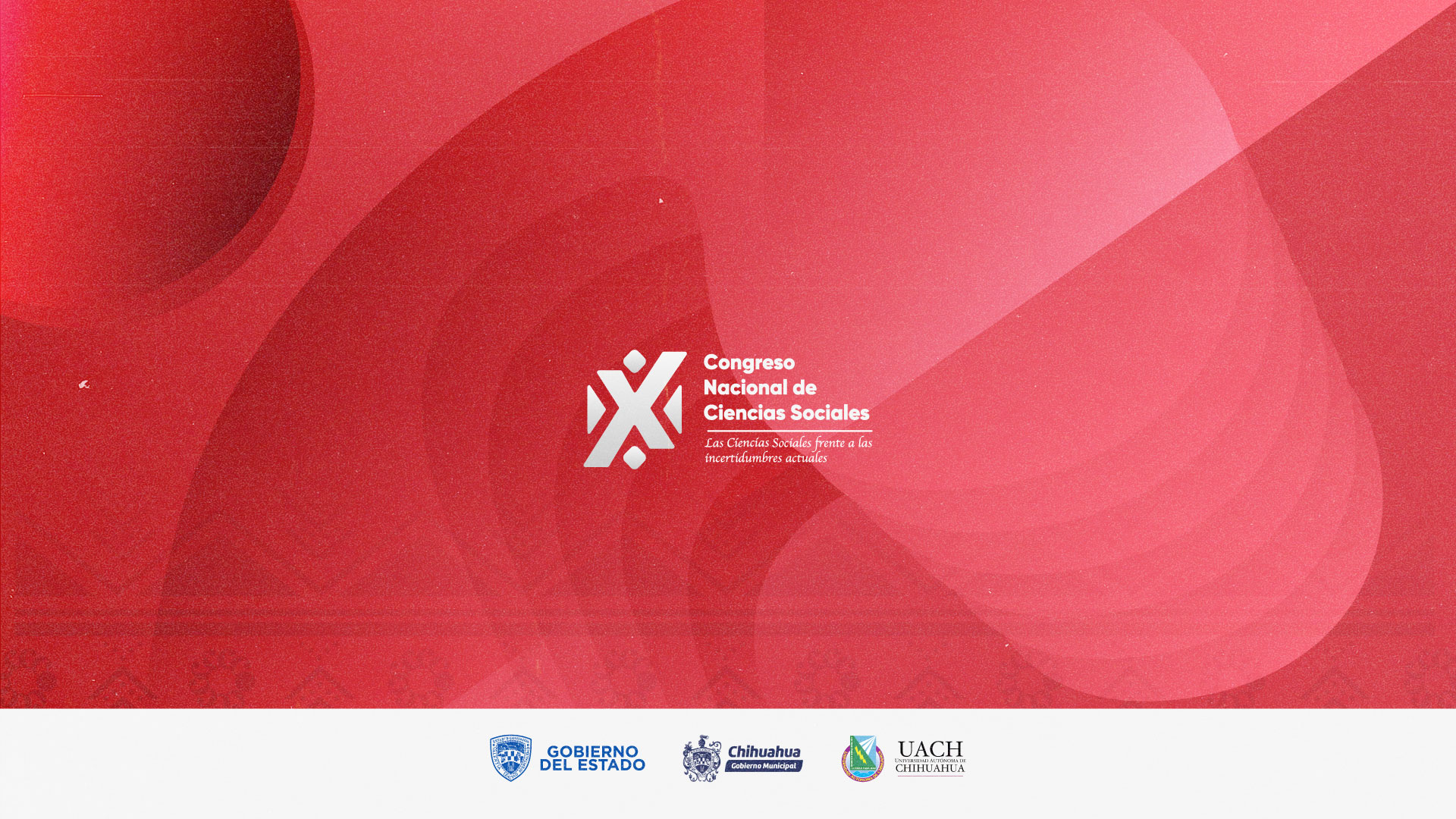
Hoteles con convenio | X Congreso Nacional de Ciencias Sociales
Laura Gutiérrez - Ene 28, 2026X Congreso Nacional de Ciencias Sociales Las Ciencias Sociales frente a las incertidumbres actuales del 23 al 27 de marzo…

Convocatoria Feria del libro
Laura Gutiérrez - Ene 07, 2026FERIA DEL LIBRO X CONGRESO NACIONAL DE CIENCIAS SOCIALES “Las Ciencias Sociales frente a las incertidumbres actuales” INVITACIÓN Información general…

Memorias del IX Congreso Nacional de Ciencias Sociales
Roberto Holguín Carrillo - Jul 02, 2025IX Congreso Nacional de Ciencias Sociales Las ciencias sociales y los retos para la democracia mexicana. Realizado en el Instituto…
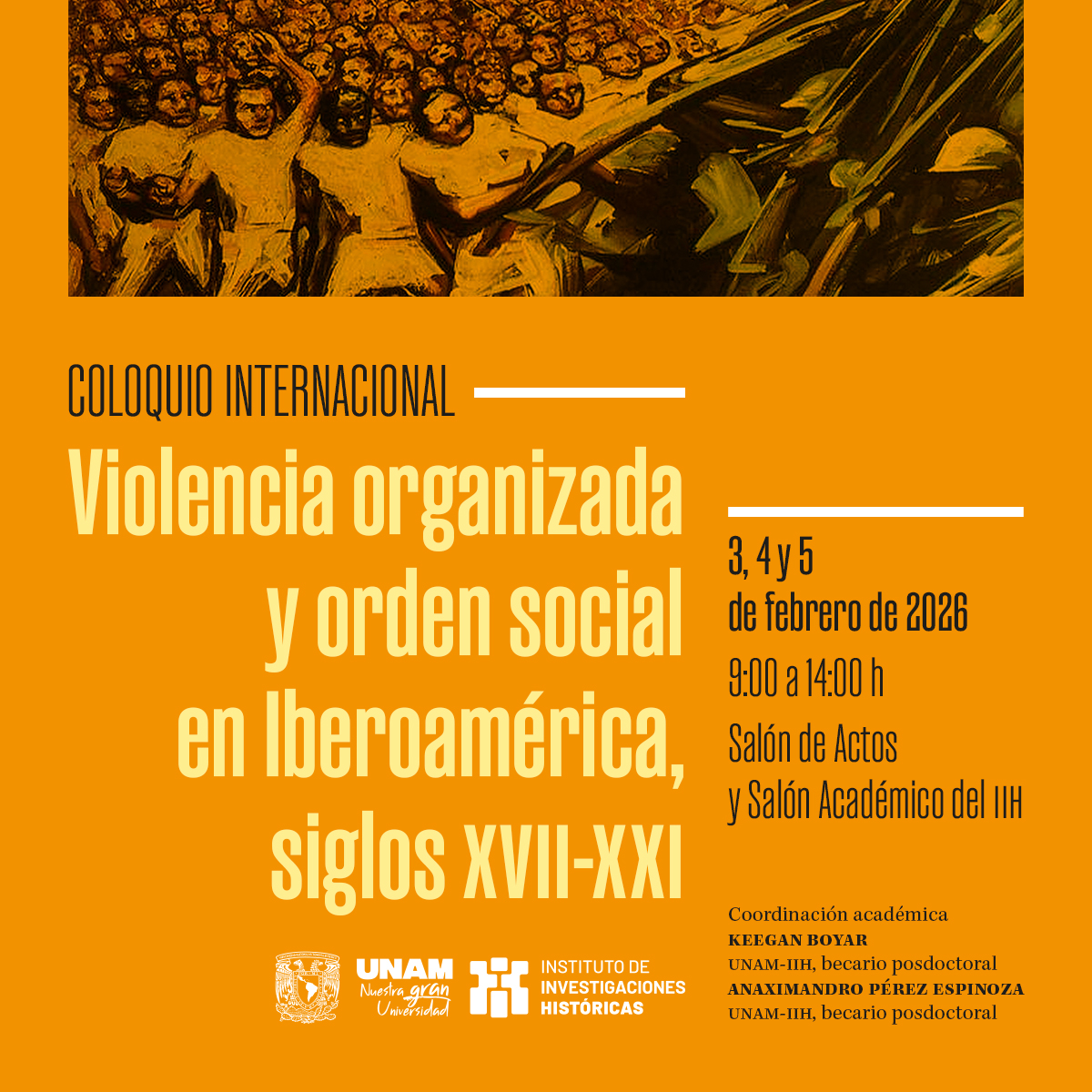
Violencia organizada y orden social en Iberoamérica, siglos XVIII-XXI
Laura Gutiérrez - Ene 30, 2026UNIVERSIDAD NACIONAL AUTÓNOMA DE MÉXICO Instituto de Investigaciones Históricas PAPIIT IN404224 Procesos de militarización en Hispanoamérica durante la era de…
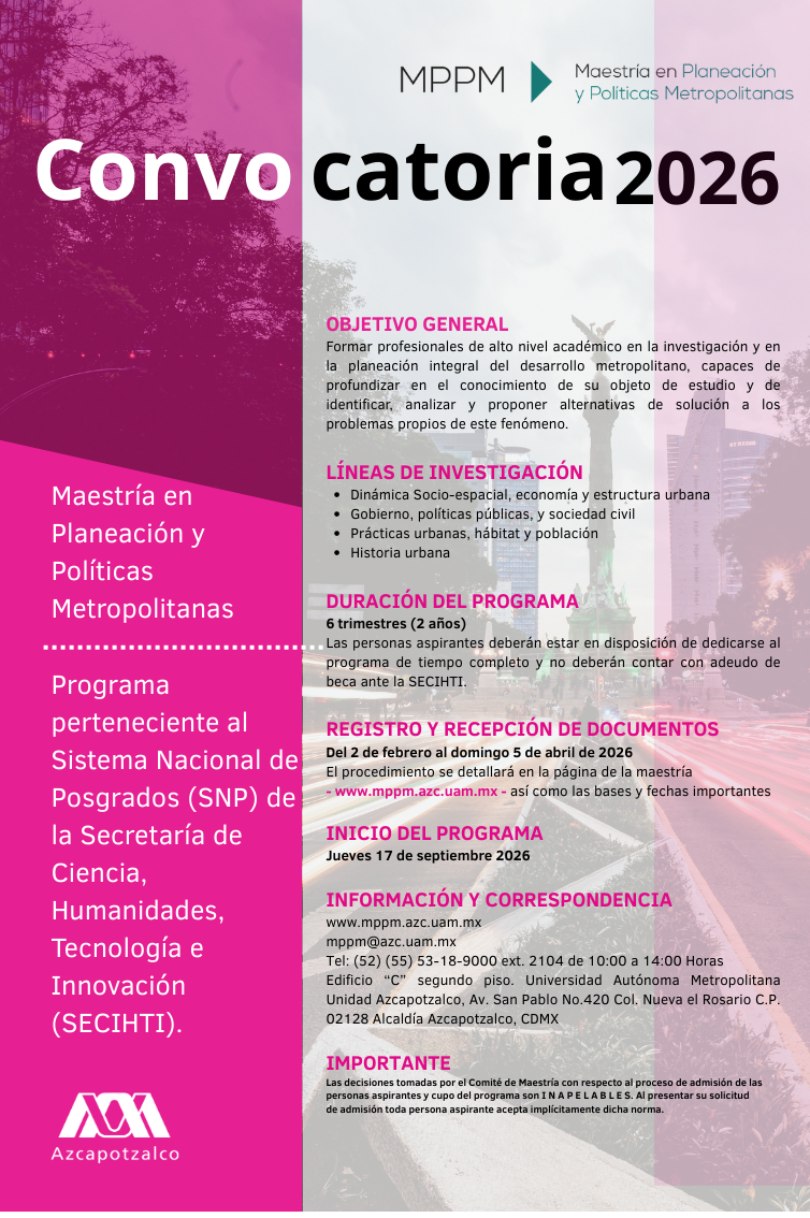
Maestría en Planeación y Políticas Metropolitanas
Laura Gutiérrez - Ene 29, 2026Universidad Autónoma Metropolitana, Unidad Azcapotzalco División de Ciencias Sociales y Humanidades Maestría en Planeación y Políticas Metropolitanas Convocatoria 2026 (Generación…
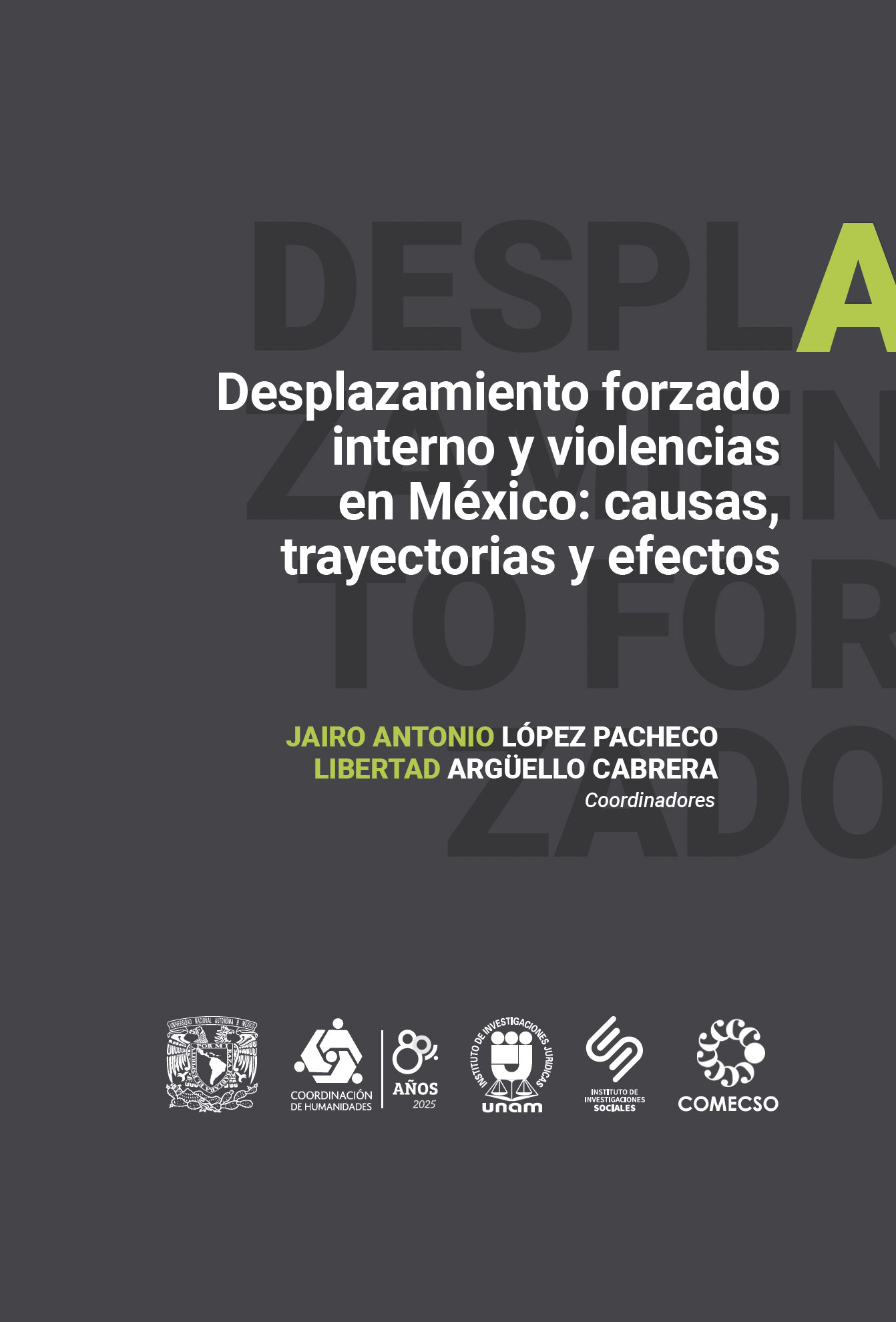
Desplazamiento forzado interno y violencias en México
comecso - Ene 28, 2026Desplazamiento forzado interno y violencias en México: causas, trayectorias y efectos Jairo Antonio López Pacheco y Libertad Argüello Cabrera Cooridnadores…
